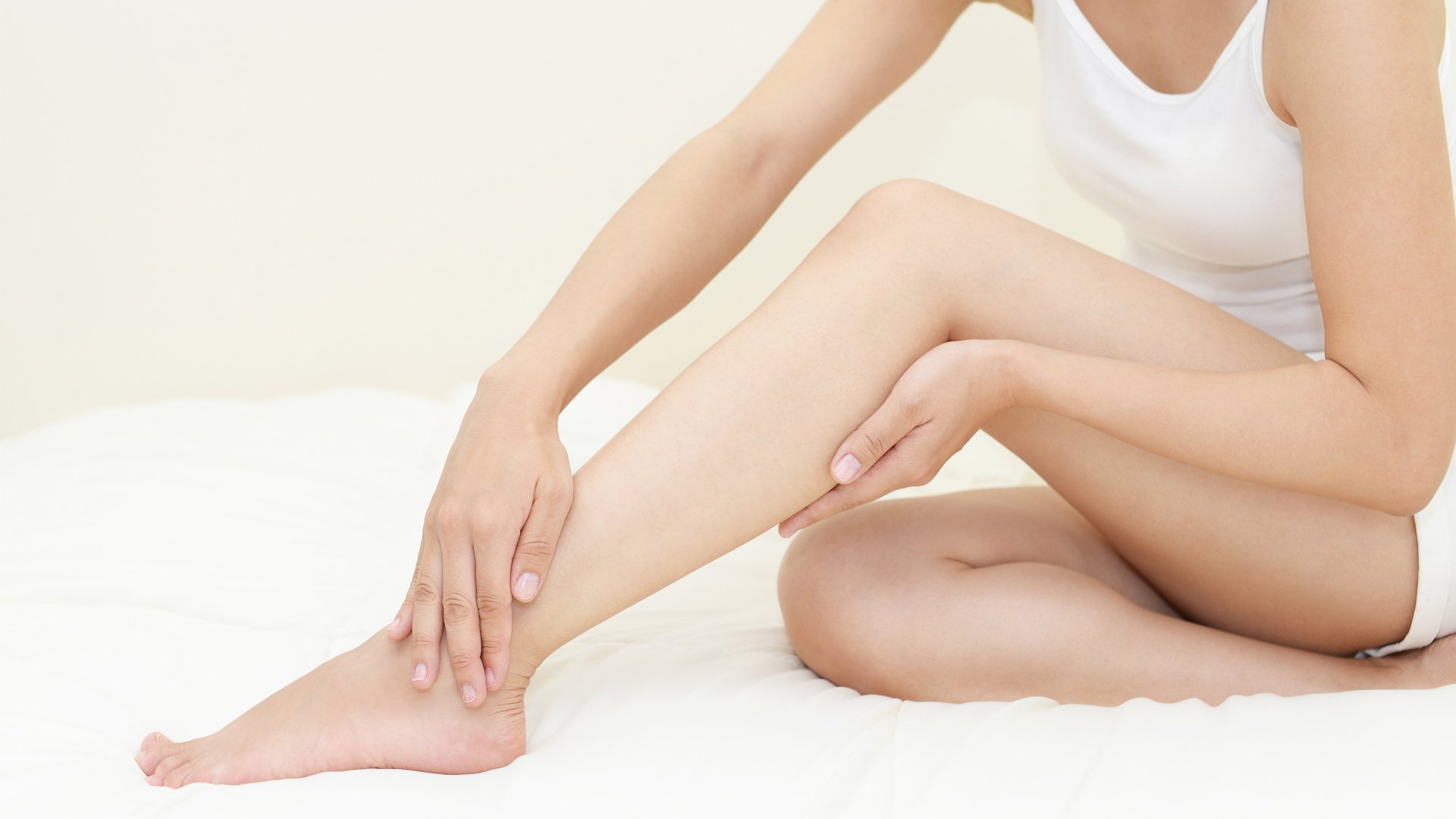“People born in the 80s and 90s are almost in their 40s and 30s now, but they also don’t want to follow the same conventional health advice as their parents, like drinking hot beverages or just eating goji berries,” explains Chen Bailing, a Chinese fitness blogger who has written about the concept before. “But they’re also realizing that they have to take care of their body, so this is their form of compromise.”
The term “punk health” first appeared on the Chinese internet in 2017 and reached its apex in 2019, with a slew of articles and videos describing the phenomenon. One news report, for example, featured a 22-year-old girl in China who slept at 3 a.m. every night, but put on five face masks every day to help soothe her increasingly tired skin.
“It’s not only self-deprecating, but also a trendy attitude towards life,” writes one article. “I smoked a cigarette with my sister and quickly took a cough drop. We were harming ourselves while maintaining our health,” explains another.
Many such products take cues from traditional Chinese medicine, but add a rebellious twist. There are energy drinks infused with dates or hawthorn, coffee with donkey gelatin (thought to help nourish the blood), and candy infused with melatonin to help insomniacs sleep.
While many of these foods aren’t necessarily new or novel, they embody the concept in their marketing and sleek branding. The goal is to offset “bad behavior” by consuming something virtuously healthful.
But more than a collection of sleek products, punk health is a state of mind. “Another example is that you constantly stay up all night, but buy the most expensive eye cream to compensate,” Chen says. Or exercise during the day, yet binge on fried chicken right afterwards. Spend all day looking at your phone and feel bad about it, but then change the screen background to a forest to feel a little bit better. Eat a large serving of spicy hot pot, and drink a cup of chrysanthemum tea to ease the stomach. “There’s a contradiction to it, but it represents the type of contradiction that young people feel about their lives,” Chen says.
Punk health is ultimately a half-hearted attempt by young people to get a grasp on their health. It’s an achievable, relatable regimen for millennials and Gen Zers in China who aren’t old enough to seriously feel the effects of aging yet, but feel like they should start thinking about it soon. More insidiously, it’s also a reaction to the “996” work culture in China, in which employees are required to work from 9am to 9pm, 6 days a week. Younger workers are facing burnout and anxiety, and punk health is their way of dealing with it.



